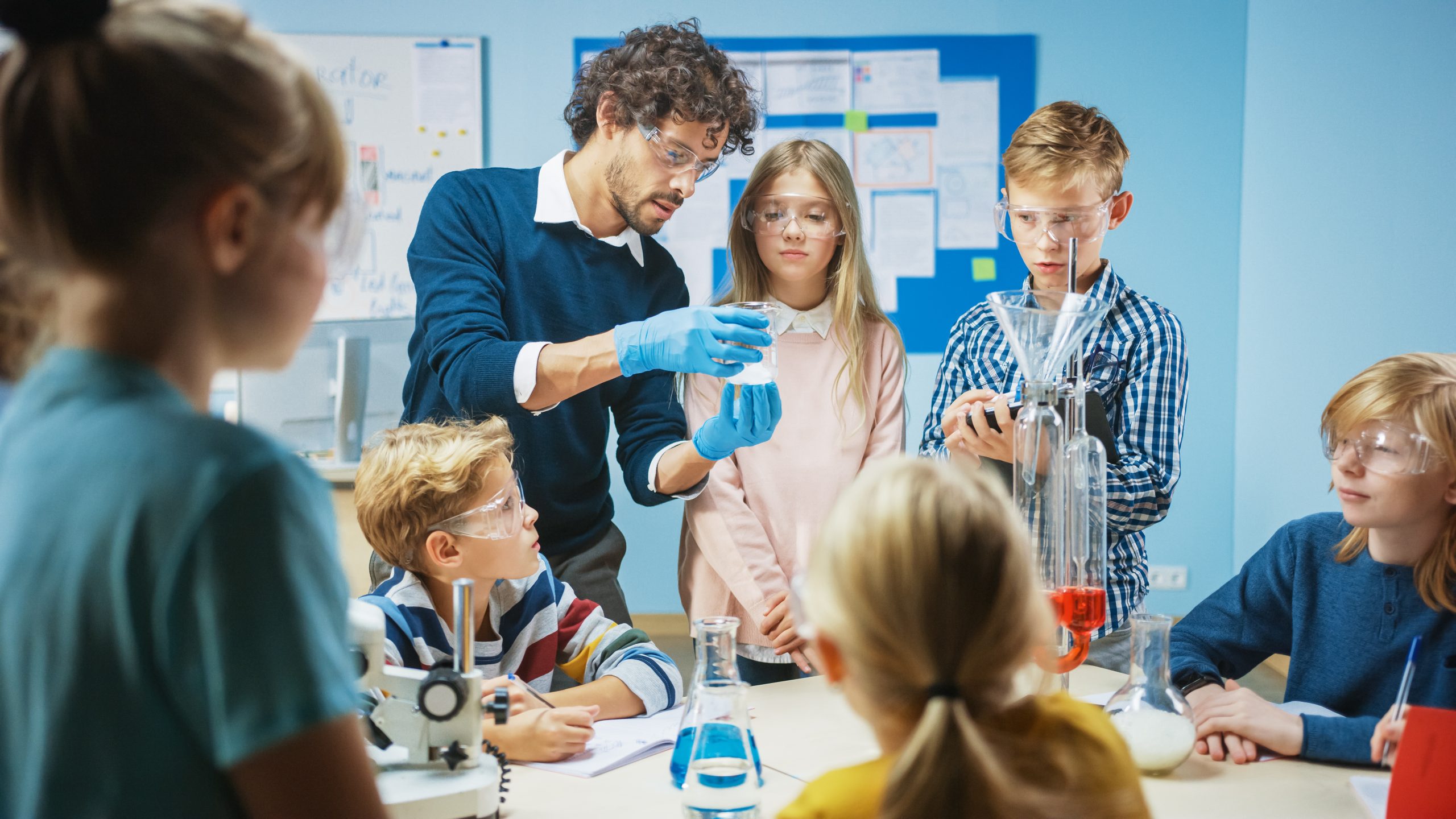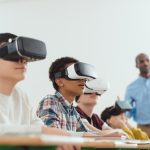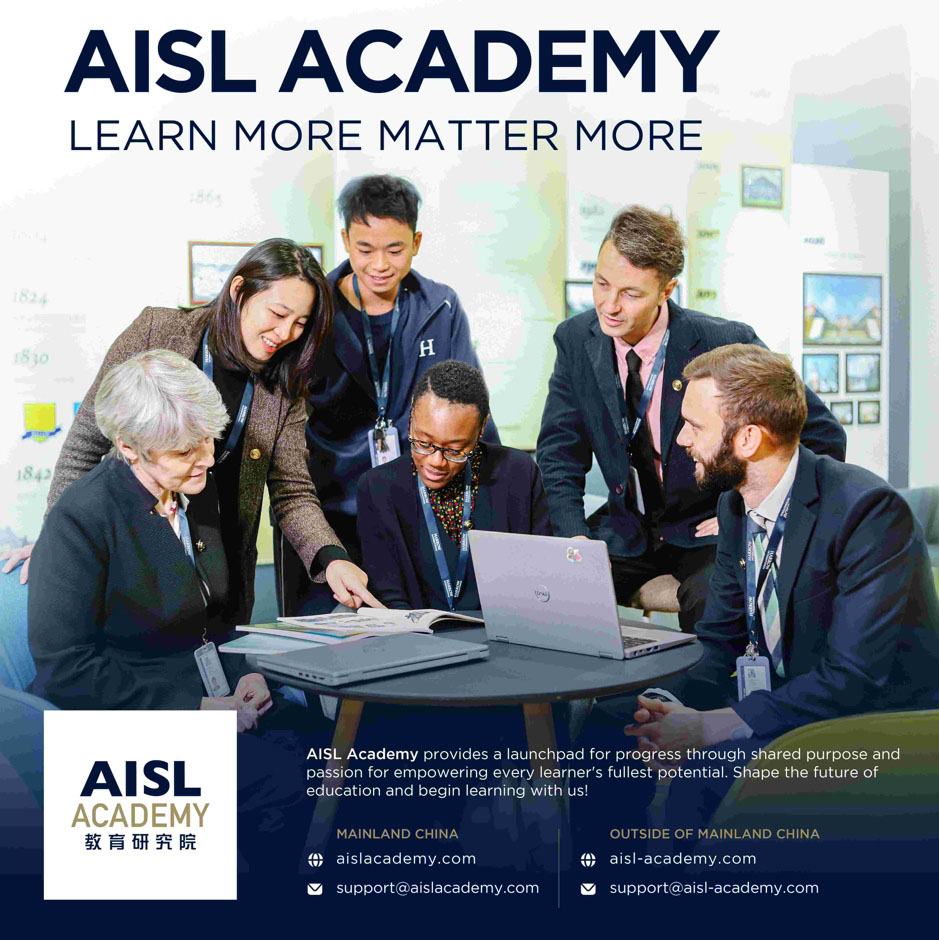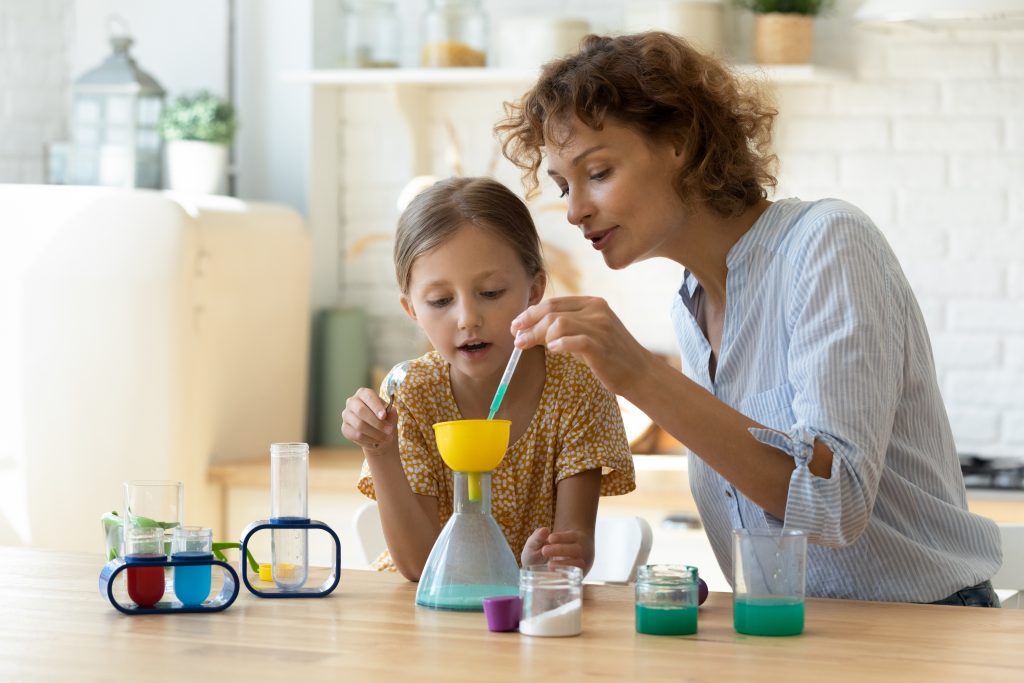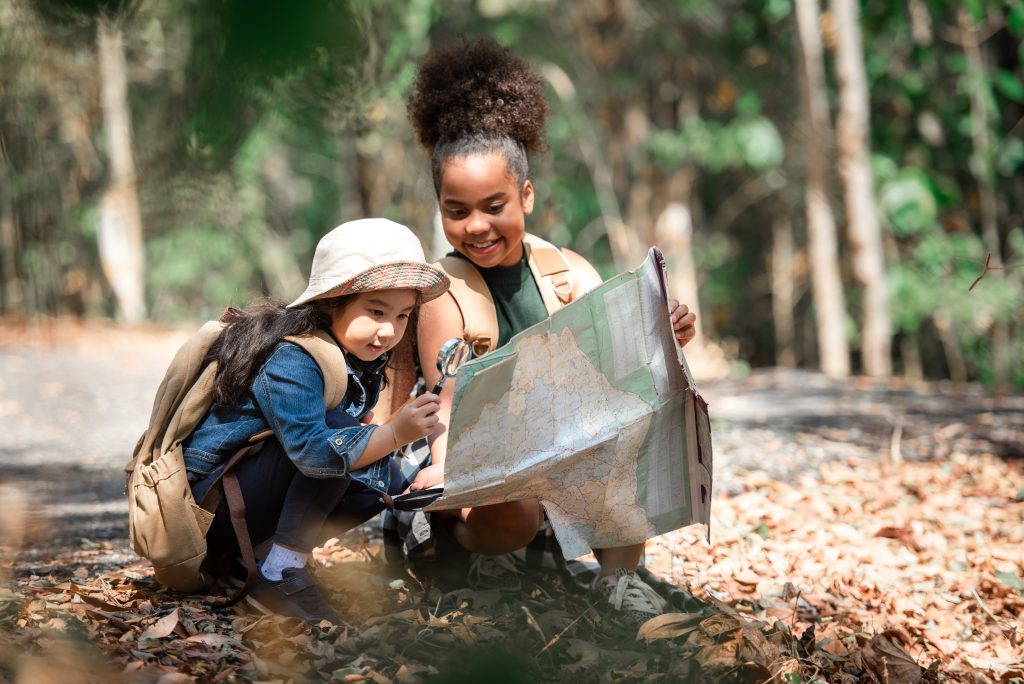Thought experiments — inviting students to mentally simulate scientific scenarios — can be as impactful as hands-on experiments. A recent study, The Mind Lab: Thought Experiments as a Means to Teaching Science Effectively and Efficiently by Igor Bascandziev, Adani Abutto, Caren M. Walker, and Elizabeth Bonawitz, explored whether thought experiments can help students develop physics concepts as effectively as hands-on labs.
In the study, a total of 100 school students were divided into three groups. One group worked through thought experiments, another carried out hands-on experiments, and a control group did neither. Both the thought and hands-on groups showed clear gains in understanding from pre- to post-assessment, while the control group did not. The study highlighted that students learned as effectively through mental simulation as they did through hands-on experimentation.
The researchers concluded that thought experiments are not only just as effective as hands-on labs in this context but can also be more efficient — requiring far less time, equipment, and setup.
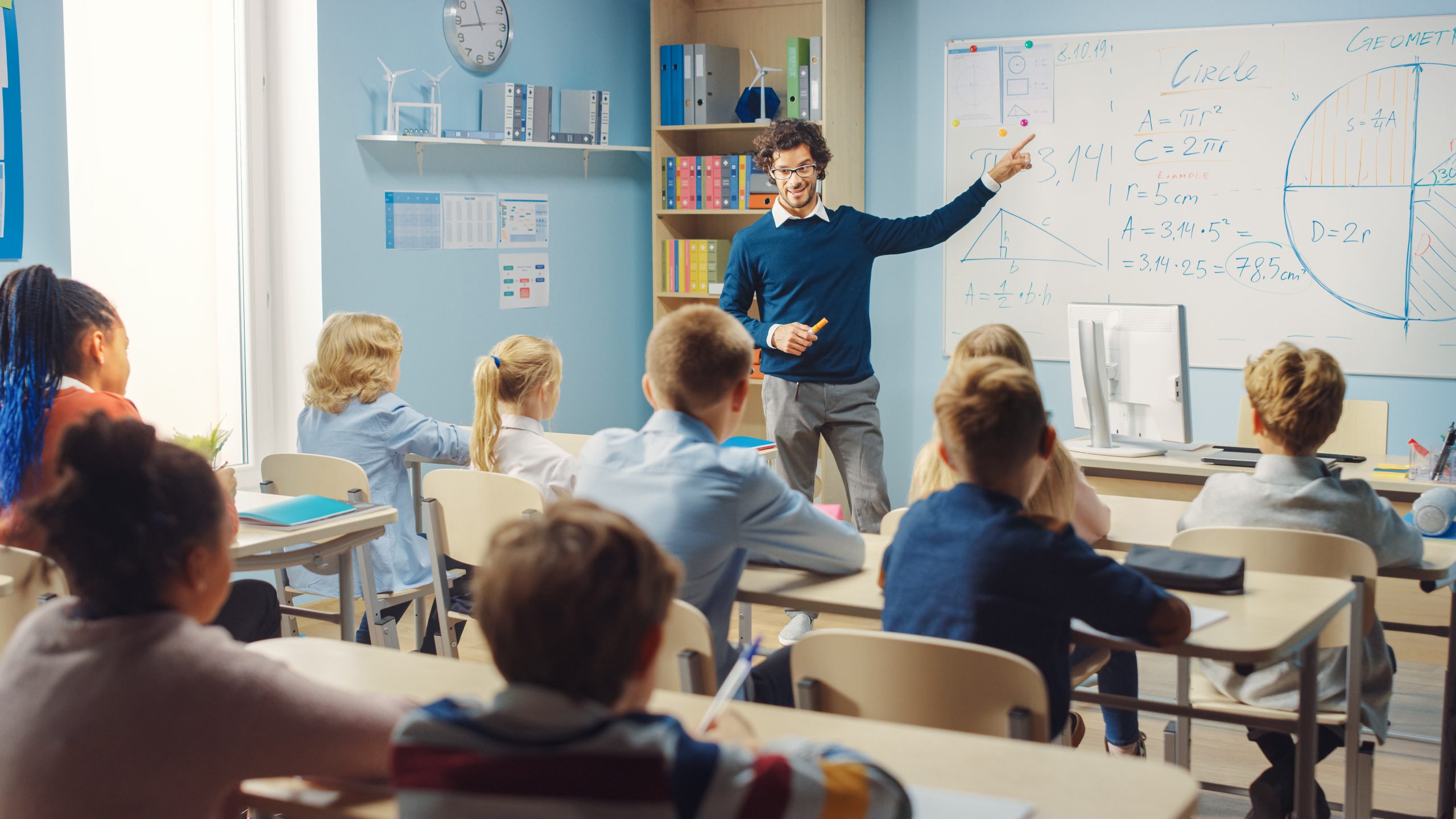
Key Takeaways & Classroom Examples
1. Minds-On Learning Can Be as Effective as Hands-On
Students can develop deep scientific understanding through mental simulations alone in place of physical experiments.
Example: When teaching buoyancy, ask: “Imagine dropping a heavy metal block in water — does it sink or float? Now, picture the same block shaped into a boat — what happens?” Students reason through the outcomes before you reveal the science behind displacement.
2. Strengthening Scientific Reasoning
Encouraging students to predict, explain, and compare outcomes fosters logical thinking and problem-solving skills essential to science.
Example: To explore inertia, ask: “If you slide a book across the floor and let go, what happens? Now imagine doing the same in outer space — what changes?” Students discuss and refine their reasoning across contexts.
3. Modeling Curiosity Promotes a Growth-Oriented Mindset
Showing it is okay not to have all the answers encourages questioning, investigation, and a positive attitude toward scientific discovery.
Example: When exploring why objects float, you might say: “I’m not sure why this happens exactly — let’s think it through together and test our ideas.” Students learn that curiosity and reasoning are central to science, not just having the “right” answer.
For teachers, thought experiments open up new ways to bring science alive — no lab coats or specialised equipment required. By encouraging students to imagine scenarios, test ideas in their minds, and explain their reasoning, you can strengthen conceptual understanding and nurture genuine scientific thinking.
Used alongside hands-on labs — or in place of them when resources are limited — thought experiments help students ask better questions, think critically, and engage with science in meaningful and memorable ways.
For a deeper dive into the research, explore the full study here: The Mind Lab: Thought Experiments as a Means to Teaching Science Effectively and Efficiently.
Extra-Curriculum STEAM activities that may be of interest:
Get a special discount by quoting code AISLMALL during CHECKOUT.
3Education - 3D Modeling & Printing Course
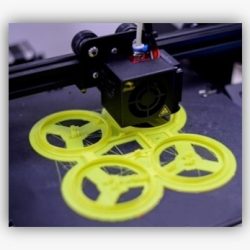
3Education is committed to assisting schools in adapting technology to cultivate self-learning ability for the new generation. We are all here to help teachers in achieving their educational goals. Empowered by 3 Hong Kong’s strongest 5G network, we provide a wide range of teaching and learning solutions to help students develop their strengths.
ActiveKids - Science Adventures & RoboCobo
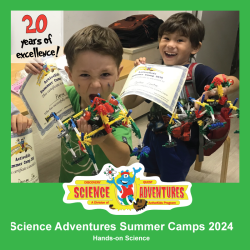
Science Adventures offers hands-on science learning, inspiring curiosity with projects on sustainability and renewable energy. RoboCode teaches kids to build and program robots, developing skills in coding, logic, and engineering. Both camps foster creativity, critical thinking, and innovation in STEAM.
AlGreen - Cell Detective | Microscopic Cell Observation Lab
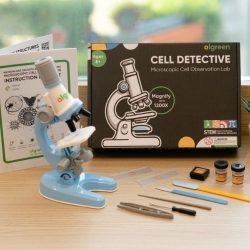
The Cell Detective kitCell Detective kit lets young learners explore cellular biology through hands-on experiments like cell staining and microscopic examination. It enhances observational skills and scientific inquiry, making it ideal for school projects or personal exploration, promoting discovery and fun in learning.
Cobo Academy - Robotics Course (All Levels)
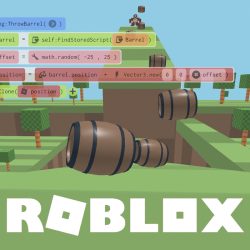
Cobo Academy Robotics Level 1 course introduces students to Lua, the programming language behind Roblox, and teaches 3D modeling basics in Roblox Studio. Students will learn to design their own games, with prior computer knowledge (PC or Mac) being beneficial.
Create and Learn - Scratch Coding Classes For Grade K – 10
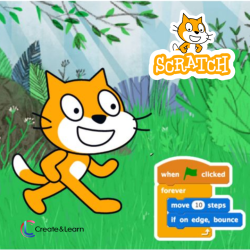
Create & Learn offers interactive online Scratch coding courses for kids, designed to teach problem-solving, creativity, and computational thinking. With a small class size for personalized attention, students can create games, animations, and stories, building a solid foundation for future coding skills.
DTSL - Makeblock Robotics Collection
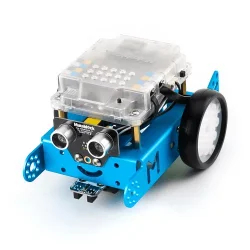
Makeblock offers a range of educational robots and accessories for learning robotics, programming, and AI. From beginner-friendly mBot to advanced CyberPi, their products provide hands-on STEAM experiences for all ages, helping students unleash their creativity in an engaging and accessible way
Hape – STEAM
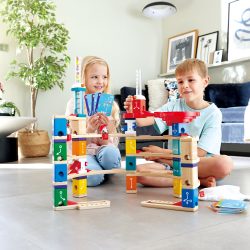
Hape offers high-quality, sustainable wooden toys that inspire creativity and learning, from classic blocks to STEAM toys. Their products promote cognitive development, motor skills, and social interaction. Hape toys spark curiosity and provide endless fun, with a focus on safety and environmental responsibility.
Potential City - Amazing Toys
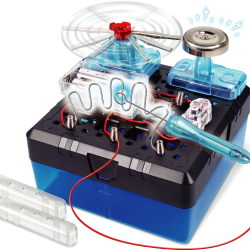
CONNEX® “connects to the next” offers a range of products that teach building skills and have unique functions. Children can collect and connect the products to create new functions, providing an exciting and discovery-filled learning experience.
Voyager Summer Camps – AI, Coding x Science
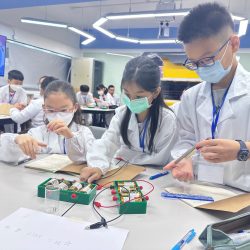
Join Voyager Education STEAM.org accredited camps: Wonderlab: Little Explorers (5-7), Wonderlab: AI Coding Science Adventures (8+), and Summer Tech Camp (Python & AI). These programs enhance skills in science, coding, and technology, offering a fun and enriching learning experience for all ages.
